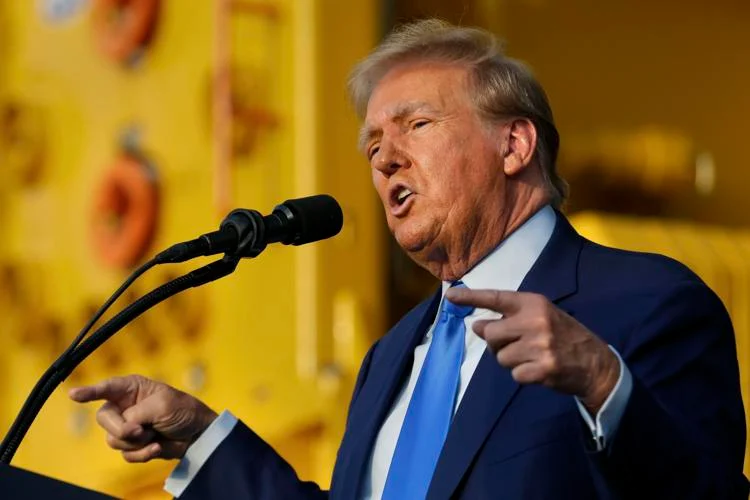
In a groundbreaking decision, the Colorado Supreme Court has ruled that former President Donald Trump is disqualified from appearing on the state’s 2024 presidential ballot. This decision comes after a legal battle that centered on Trump’s alleged role in inciting the January 6th Capitol riot and the subsequent impeachment proceedings against him. The court determined that Trump’s actions constituted a clear violation of the state’s election laws, which prohibit candidates with a history of incitement to violence from participating in the electoral process. The court’s decision revolves around Trump’s alleged role in inciting the Capitol riot, leading to his disqualification from participating in the state’s electoral process. Colorado Court Trump Disqualification ruling holds significant implications as it pertains to the eligibility of former President Donald Trump for the 2024 ballot.
The court’s ruling is likely to have significant implications not only for Colorado but also for the broader national political landscape. It sets a precedent for states to consider the character and behavior of potential candidates, beyond traditional eligibility criteria, in determining their suitability for the ballot. Critics argue that this move may be seen as a controversial departure from established norms, potentially leading to further legal challenges and debates over the balance between free speech and the integrity of the electoral process. In a pivotal legal development, the Colorado Supreme Court has made a landmark decision under the Colorado Supreme rules on Trump ballot. This ruling holds significant implications as it pertains to the eligibility of former President Donald Trump for the 2024 ballot.
Trump’s disqualification in Colorado may also impact his political aspirations on a larger scale. While individual states have the authority to set their own ballot eligibility rules, this decision underscores the challenges Trump may face as he contemplates a return to the national political stage. The ruling is likely to intensify debates surrounding the role of the judiciary in shaping the electoral landscape, with implications for other states grappling with similar issues related to the conduct of political figures.
The decision is certain to further polarize an already divided political landscape, with Trump supporters likely to view it as an infringement on his rights and an attempt to suppress his political influence. On the other hand, Trump opponents may see it as a necessary measure to prevent a candidate with a contentious history from participating in the democratic process. The Colorado Supreme Court’s ruling adds another layer of complexity to the ongoing discussions about the intersection of law, politics, and accountability in the aftermath of Trump’s presidency. In a groundbreaking decision, the Colorado Court announces the disqualification of Trump from the 2024 ballot, reshaping the political landscape.
As legal experts and political analysts dissect the implications of this decision, it remains to be seen how other states will respond and whether similar legal challenges will emerge in the run-up to the 2024 presidential election. The case in Colorado serves as a microcosm of the broader challenges faced by the American political system in addressing issues of accountability and ethical standards in the context of a highly charged and polarized political climate.
https://thevipstars.com/andrew-landry-biography-all-about-the-champion/
